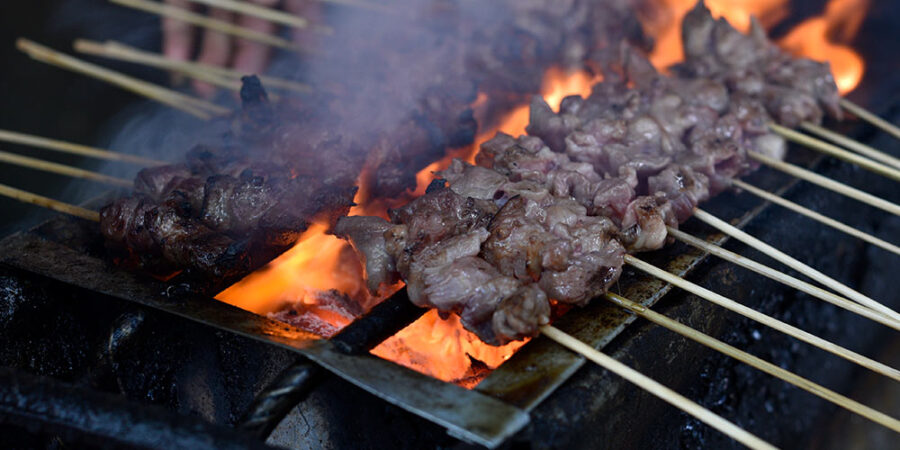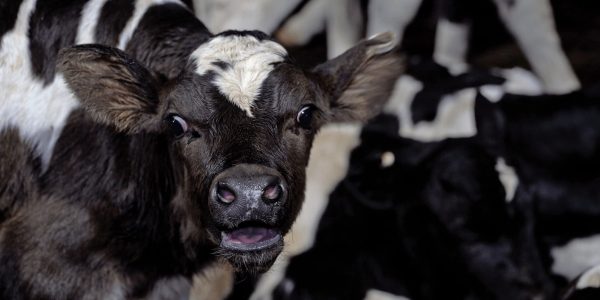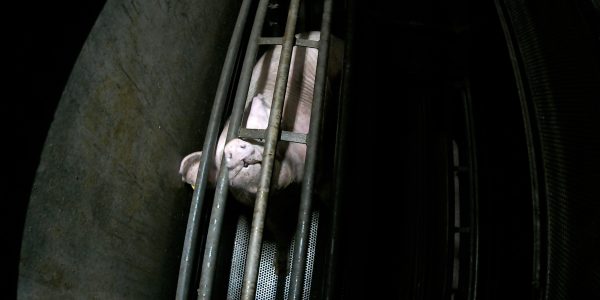An Animals Australia investigation into the Bali dog meat trade documented street dogs and family pets being captured then killed by strangulation, beating and poisoning. Their meat, butchered in filthy conditions, was destined for restaurants and street vendors, and even unsuspecting tourists.
Part of Bali’s appeal for tourists is cost-effective accommodation and food, but most tourists have no idea that the letters “RW” on the outside of popular street food stalls indicate that it is dog meat being served. Mobile dog meat vendors also actively targeted tourists on beaches, offering satays from tubs. They are deliberately not disclosing that they are selling dog meat.
If having a healthy, happy holiday in Bali is a priority then it’s important to understand the ‘traps’ to avoid…











